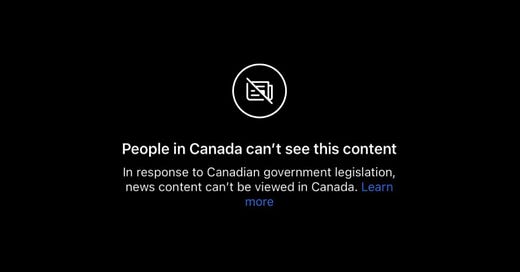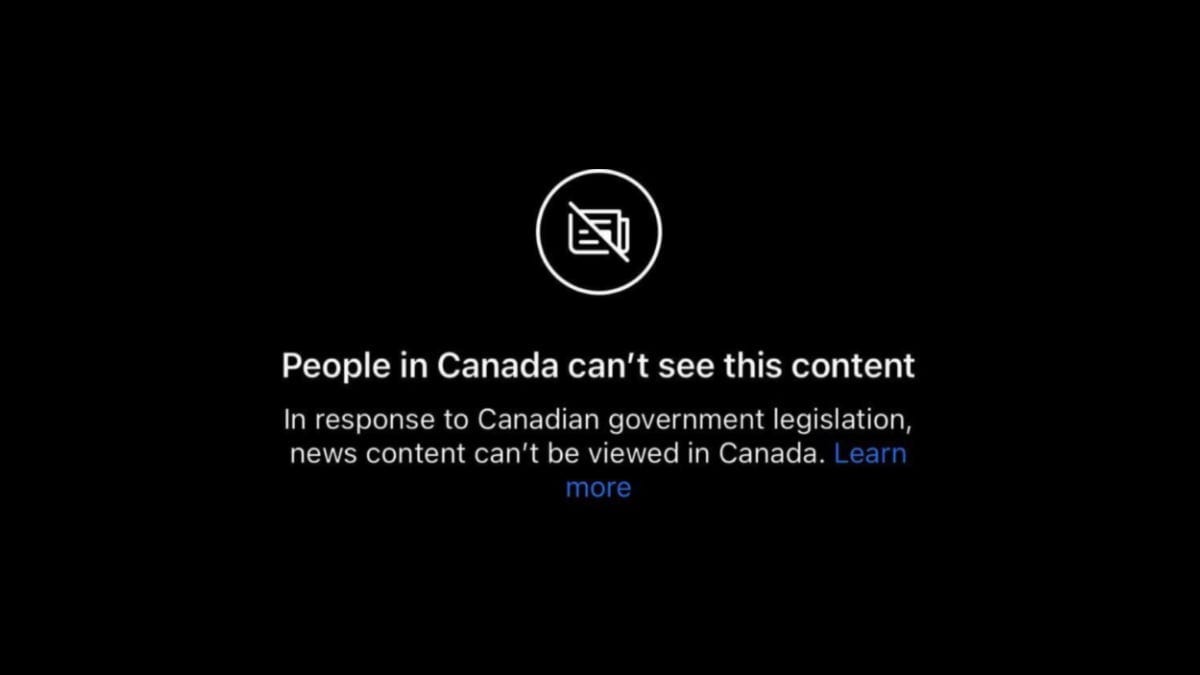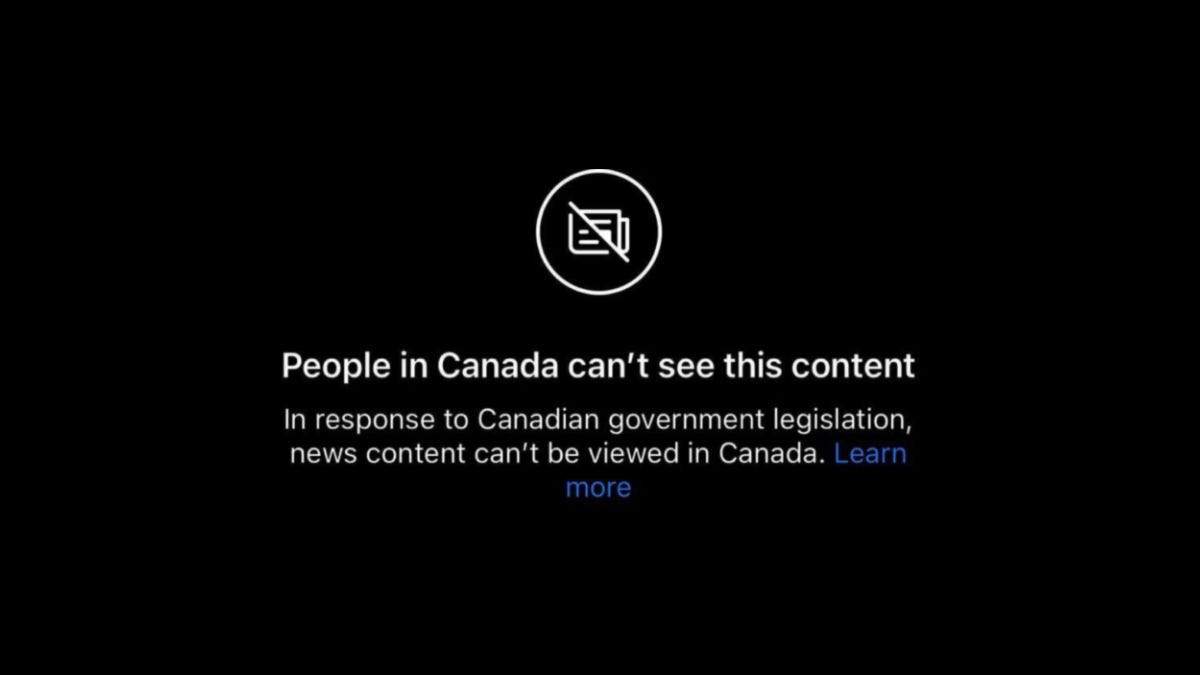A funny story to start off this roundup: On Thursday, I tweeted about an AI-generated article published by Microsoft that not only recommended tourists visit the Ottawa Food Bank on their trips to Ottawa, Canada, but that they “consider going into it on an empty stomach.” I had a good laugh at an another AI mess up and figured some other people might too. The next thing I knew The Verge and Ars Technica had picked it up, forcing Microsoft to pull down the article, and my tweet was being cited by media around the world. I hope the media cycle helped drive some donations to the food bank!
If you want to read more of my work, I wrote a piece for Insider this week about the problem with smartphones being made essential to get by in the world. I also spoke to over on Tech Won’t Save Us about Sam Bankman-Fried having his bail revoked and the exploitation that enables Worldcoin. I always love getting Molly’s insights on important crypto stories!
Tech Won’t Save Us: Pondering the Orb w/ Molly White on Apple Podcasts
Now, in the roundup I have plenty of recommended reads (a lot of good ones on the games industry this week), plus labor updates and other news you might have missed. I also comment on the effects of Meta’s decision to ban news in Canada as the country faces an unprecedented wildfire season, and well before the law company leaders object to even takes effect.
I feel so strongly about this I decided to leave it out of the paywall so any subscriber can read it. All I ask if that if you like what I’m writing about in Disconnect that you consider upgrading to become a paid subscriber and support the work I put into it every single week. There are no Peter Thiels writing me a check. I rely on the support of readers like you!
I hope you like this roundup. Have a great week!
— Paris
PS — I’ll be in South Korea and Japan in late August/early September. Is there anything I should check out while I’m there?
The consequences of Meta’s news ban
Meta is blocking Canadians’ access to local news on Facebook and Instagram because it doesn’t want to have to participate in a regulatory measure that starts later this year and will force it to pay news publishers for displaying ads against their content, similar to what happened in Australia a few years ago. We can argue over whether that’s a good approach, but the reality is it’s happening — both in Canada, and many other jurisdictions that are following suit like California and New Zealand.
Google and Meta go to war with Canada
But Meta’s decision to block users from accessing news isn’t without consequence. I’m sure you’ve hear by now, but Canada’s been having a devastating wildfire season this year that’s unlike anything we’ve seen before. I remember in years past, there were always climate deniers (and Conservative politicians) who claimed global warming would be good for Canada because we’d have more arable land. They never mentioned the increasing natural disasters, of which this wildfire season is just one.
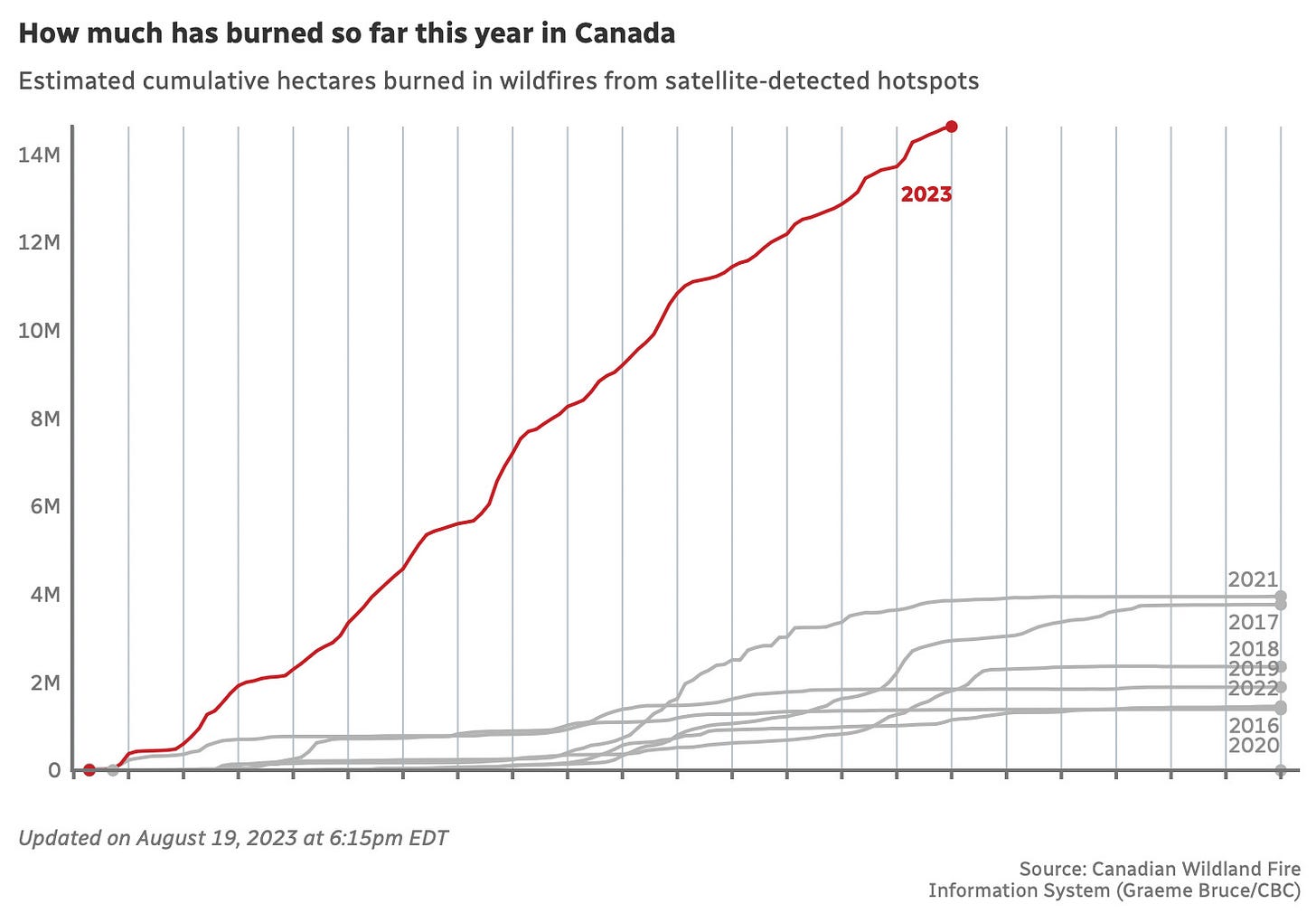
Fires have been burning in virtually every province and territory throughout the summer, with different regions getting hit worse at different times. Right now, the devastation is being felt most acutely in the Northwest Territories and British Columbia. The Northern city of Yellowknife, which is home to about 20,000 people, was just evacuated and Kelowna is under a state of emergency with some of its residents being evacuated too.
But as people are trying to get essential information from government and public safety officials, Meta’s news ban is getting in the way. I never thought it was good that public institutions became so dependent on social media for public communication, but the reality was that people were on them, so governments followed to ensure important messaging could reach their citizens. Now those decisions are coming back to bite them.
Earlier this summer, British Columbia’s Transportation Ministry couldn’t tweet essential wildfire road updates because Elon Musk had rate limited accounts across the platform. Now, people in Yellowknife, Kelowna, and anywhere else that may be in the path of the fires can’t access news about it on Facebook or Instagram. Some people have started taking screenshots of articles and sharing them so their friends will be able to see updates being published by news media.
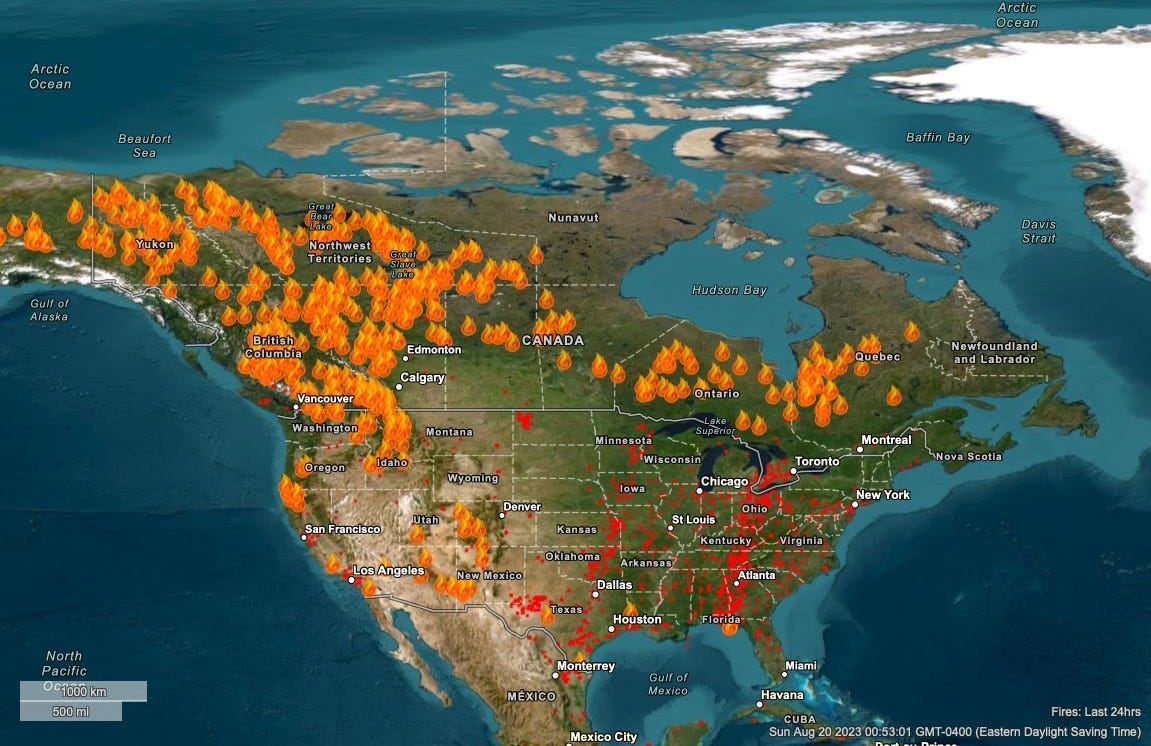
The government has asked Meta to lift its news ban so people can access emergency updates, but the company won’t reverse its decision. Meta says governments can still post updates that don’t include news articles, and it seems to feel users prefer not having news — or at least the company doesn’t feel it’s essential to its bottom line.
That’s the key point: Many Canadians are in very precarious positions, being forced to leave their homes as walls of fire move toward them or wait to see if they’ll be next. Meta knows a lot of those people would usually turn to Facebook for important updates because they’ve gotten used to doing that for the past decade or more, but the company doesn’t care if blocking access to news puts those people in jeopardy.
At the end of the day, profit and power trump everything else, and the last thing it wants is to see the Australian and Canadian models of news media compensation continue expanding to new jurisdictions. If some of their own users are endangered by that decision, then so be it; there are a few billion more where they came from.
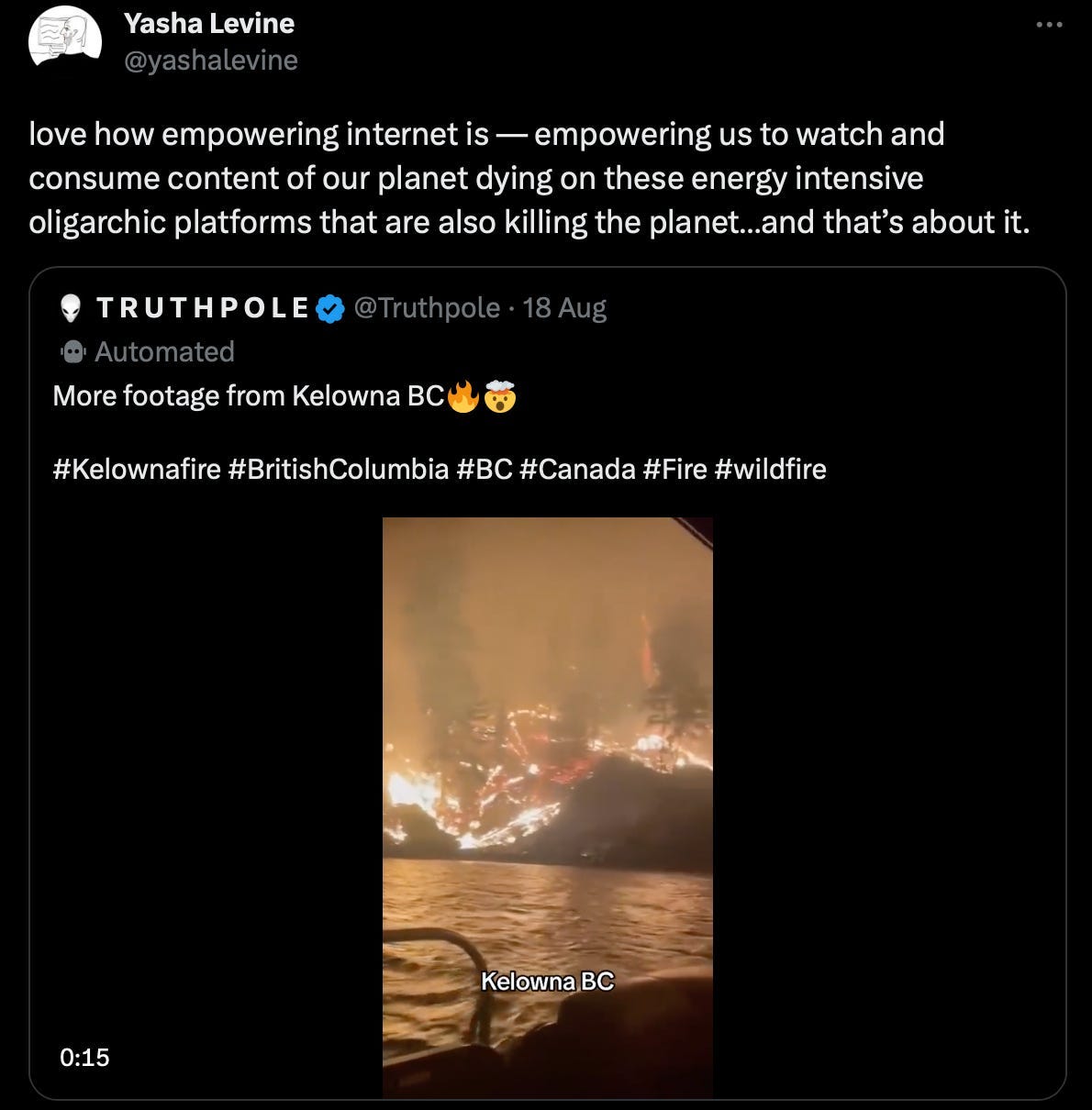
Keep reading with a 7-day free trial
Subscribe to Disconnect to keep reading this post and get 7 days of free access to the full post archives.


